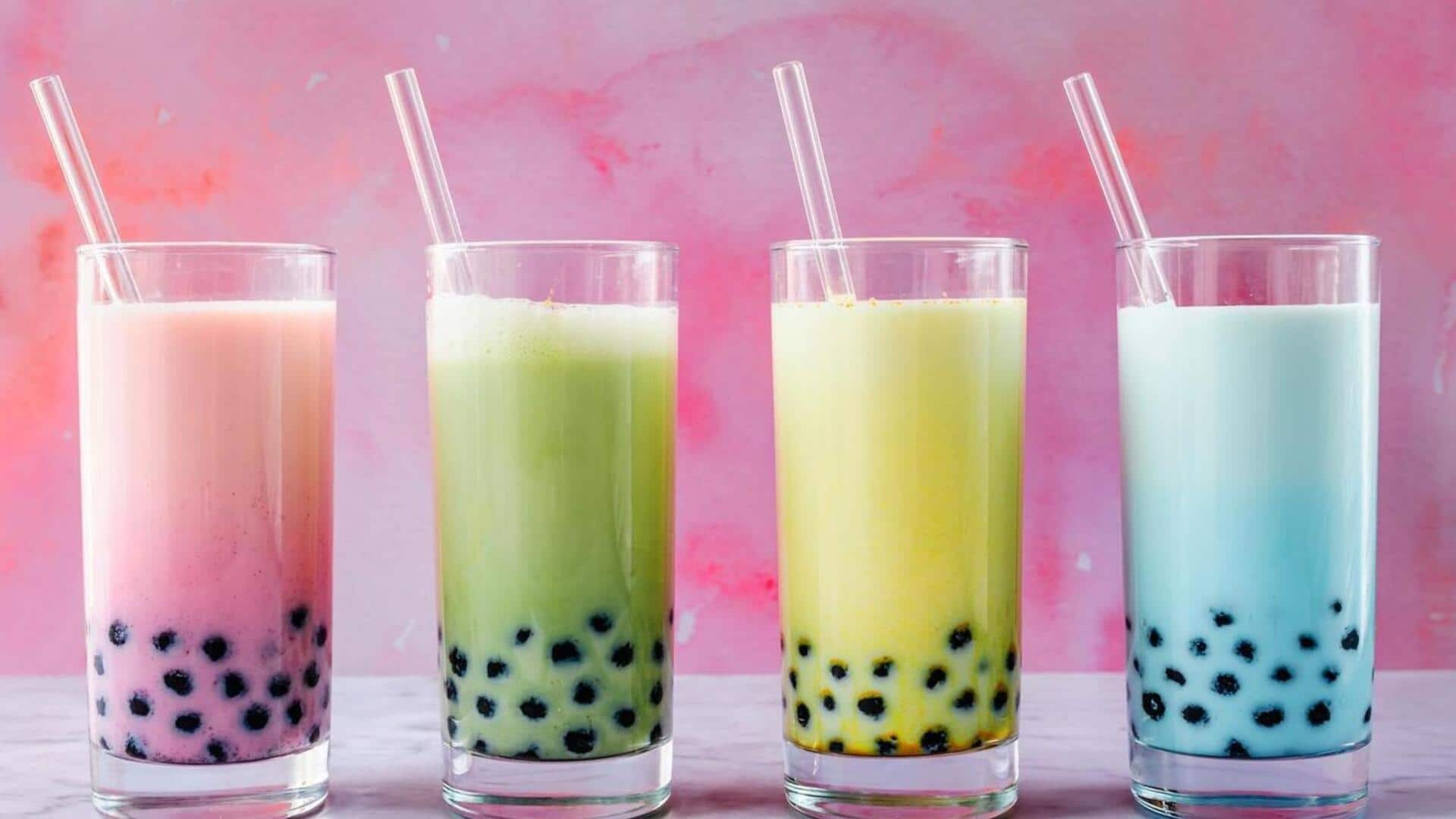
Milk tea addiction linked to mental health issues, says study
What's the story
A new large-scale study conducted in China has uncovered a troubling link between milk tea addiction and mental health issues, such as depression and anxiety, among the youth. The study surveyed 5,281 students in Beijing. It found that the participants self-reported symptoms of milk tea (including bubble tea, floral tea) addiction including "dependence, guilty feelings, withdrawal, tolerance, and cravings." Given milk tea's rising popularity, this discovery points to a potential issue that needs further exploration.
Details
Researchers think students use milk tea as a coping mechanism
Using a well-established addiction scale, the study looked at factors like constant cravings and excessive consumption. Nearly half the students surveyed reported drinking at least one cup of milk tea per week. Milk teas often have high amounts of sugar and caffeine, which have been associated with low moods and social isolation in young people. Researchers think teens may be using milk tea as a coping mechanism, making these drinks potentially addictive and harmful, akin to social media or drugs.
What Next?
Association with loneliness and depression
The research identified a relationship between milk tea consumption and feelings of loneliness and depression among participants. While the study wasn't designed to establish the cause, it does stress the importance of further investigation into this issue, particularly given the growing popularity of milk tea beverages. "Milk tea has experienced tremendous growth in popularity in China, especially among youths," notes the study. Future research could involve larger sample sizes and longer timeframes to monitor milk tea consumption habits.
Implications
Study can help create regulations to address milk tea addiction
The study mentions that "milk tea consumption may lead to addiction symptoms and harm youths' mental health, including depression, anxiety, and suicidal ideation." The paper further lists that "the severity of milk tea addiction may correspond to various mental health status." These findings can help policymakers create regulations to address the possible risks of milk tea addiction. The regulations include "restricting advertising, providing psycho-education, establishing food hygiene standards for such a prosperous youth-dominant consumption industry while protecting their mental health."